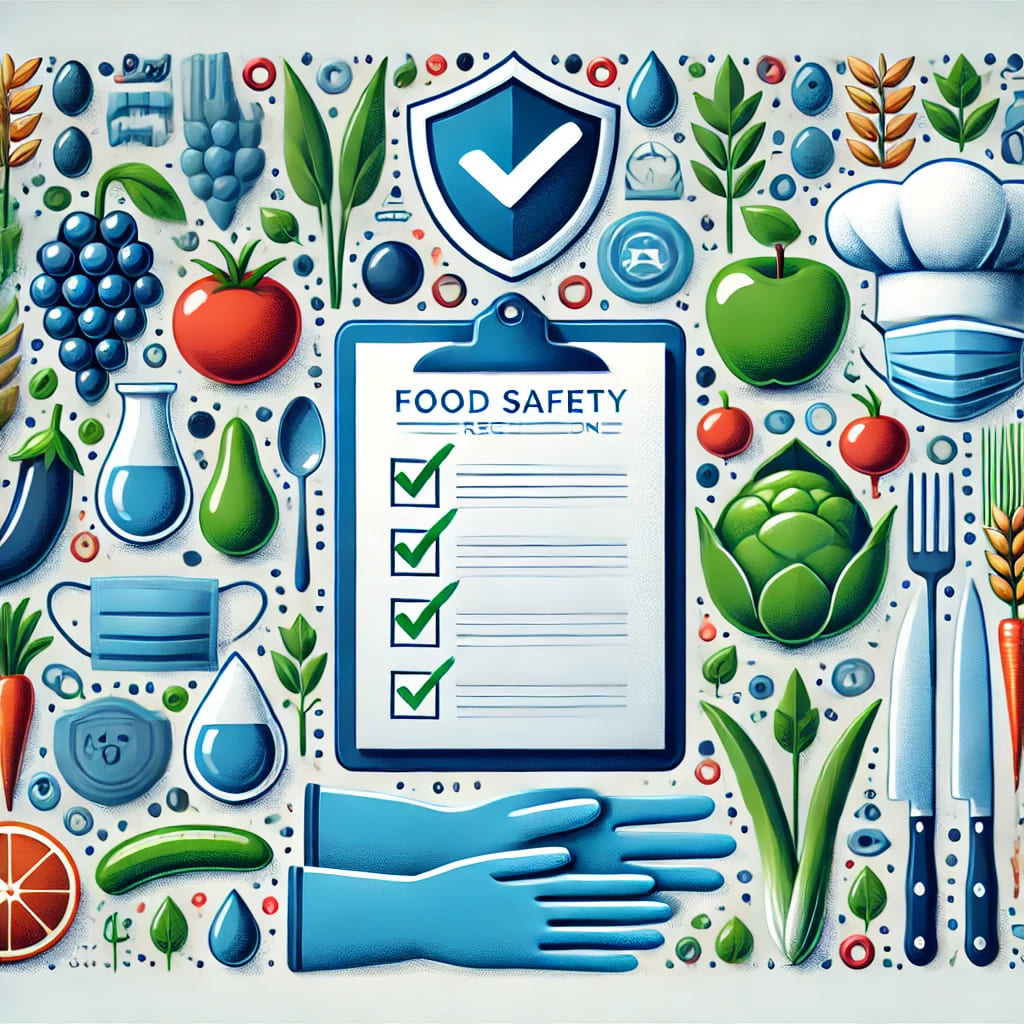Podcasts have become a vital source of information for those interested in the food industry, especially regarding safety regulations. Read More
The complexities of food regulations can be overwhelming, but podcasts break down the information into digestible segments. Many episodes focus on specific regulations, such as those from the Food and Drug Administration (FDA) or the U.S. Department of Agriculture (USDA). These discussions highlight the importance of compliance and the consequences of failing to meet safety standards. Listeners learn about foodborne illnesses, recall procedures, and the significance of proper labeling. This knowledge empowers food industry professionals to adhere to regulations, ultimately benefiting public health and safety.
Key Topics in Food Industry Safety
Podcasts often cover various essential topics related to food safety, including:
- Regulatory Updates: Keeping listeners informed about changes in food safety regulations.
- Best Practices: Sharing strategies for maintaining food quality and safety throughout the supply chain.
- Risk Management: Discussing ways to identify and mitigate potential hazards in food production.
- Case Studies: Analyzing real-life examples of food safety breaches and lessons learned.
These topics provide a comprehensive overview of food safety issues, helping to reinforce the importance of compliance in the industry. The engaging format of podcasts allows listeners to absorb this information while multitasking, making it easier for busy professionals to stay informed.
The Impact of Food Safety Regulations
Understanding food safety regulations is crucial for minimizing risks and ensuring consumer trust. Podcasts explore how these regulations impact not only businesses but also public health. For instance, many discussions focus on the consequences of food recalls, which can lead to financial losses and reputational damage for companies involved. By learning from these conversations, food industry professionals can implement preventive measures to avoid similar situations.
Moreover, the insights shared in these podcasts can influence future regulations. As listeners engage with industry experts, they can better understand how regulations evolve in response to emerging food safety challenges. This knowledge equips them to advocate for more effective policies that protect consumers while also supporting the industry’s growth. As a result, podcasts play an essential role in bridging the gap between regulators and food industry stakeholders.
In conclusion, the rise of food industry podcasts focused on safety regulations offers a valuable resource for professionals seeking to enhance their understanding of compliance issues. By providing insights from experts and discussing key topics, these podcasts contribute to a culture of safety and accountability in the food industry. The information shared empowers listeners to adopt best practices, ensuring the highest standards of food safety are maintained. As the landscape of food safety continues to evolve, these podcasts will remain an essential tool for staying informed and prepared. Ultimately, the commitment to safety and regulation fosters consumer trust and strengthens the entire food supply chain.

